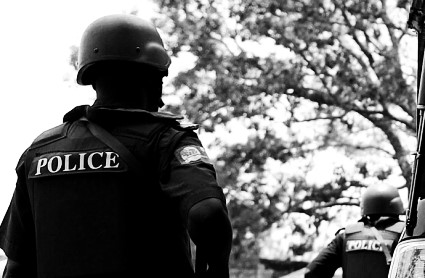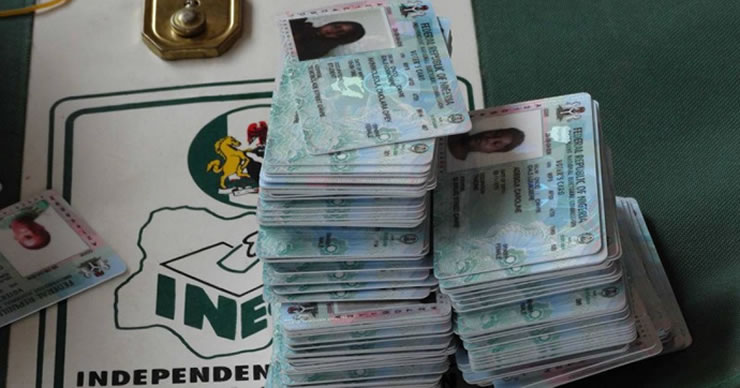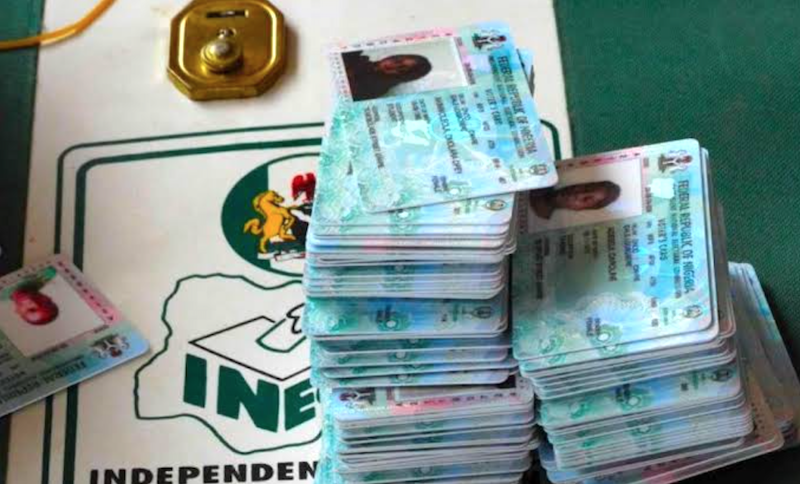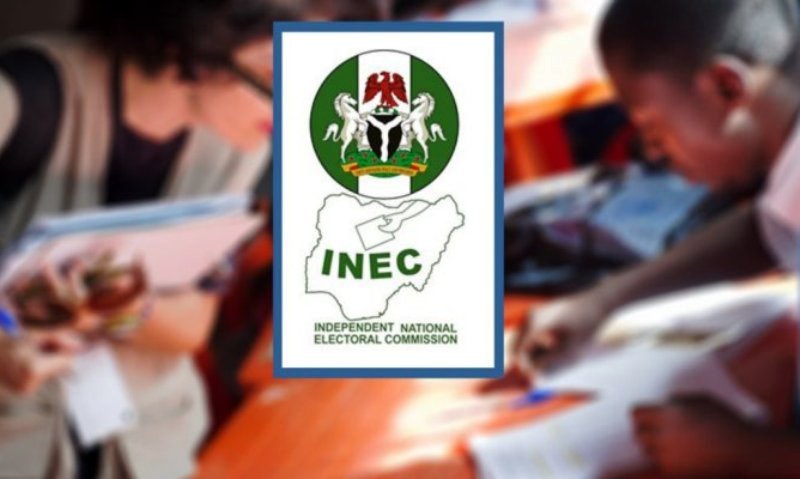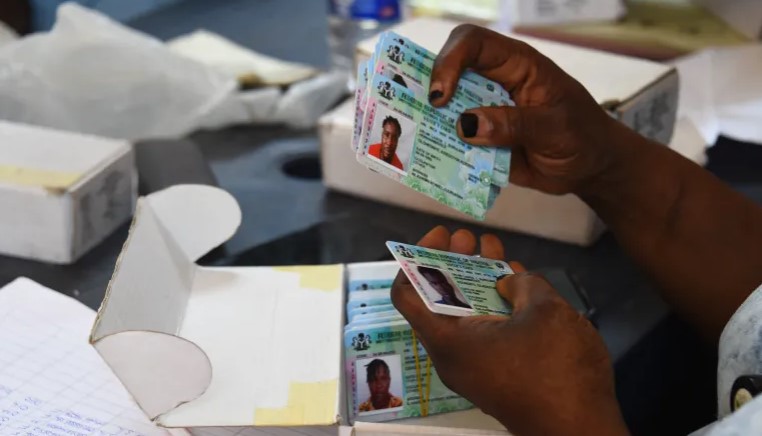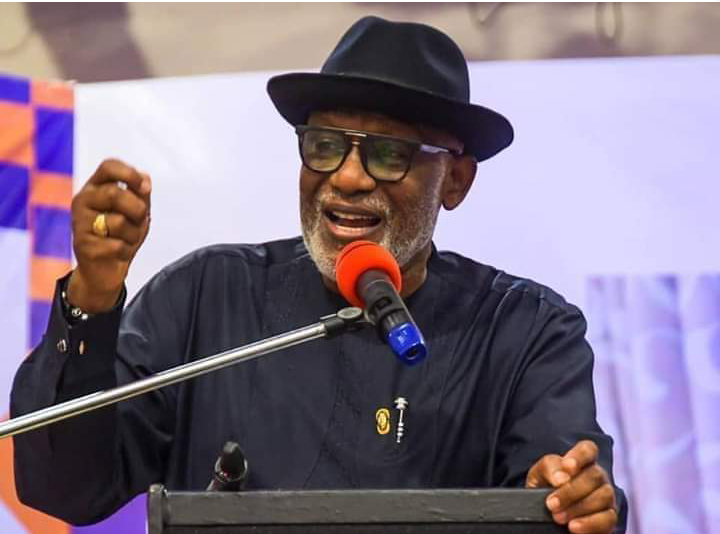Nigeria, the giant of Africa is set to join the list of countries on the continent deploying biometric systems for the conduct of a free, fair and efficient general election, as it prepares to hold the seventh successive general election in the country since the return to democracy in 1999.
Other African countries that have deployed the use of this technology during elections include Angola, Burkina Faso, Cameroon, Chad, Comoros, the Democratic Republic of the Congo, Republic of Côte d’Ivoire, Gambia, Kenya, Lesotho, Liberia, Malawi, Mali, Mauritania, Morocco, Mozambique, Namibia, Rwanda, Senegal, Sierra Leone, Somaliland, Swaziland (Eswatini), Tanzania, Uganda, Zambia, and Zimbabwe.
These biometric systems include identification solutions for voter registration, voting, tallying and identification. Common modalities include fingerprint recognition, palm vein recognition, iris recognition and facial recognition.
The Independent National Electoral Commission (INEC), charged with the responsibility of overseeing the country’s electioneering process, has over the years sought to deploy technological innovations to improve the credibility, inclusiveness and integrity of elections.
Improving on the Smart Card Reader (SCR) technology introduced in 2015, the Commission will deploy the Bimodal Voter Accreditation System (BVAS) for the February polls, which will combine fingerprint and face biometrics for identity verification of voters and enable near real-time viewing of election results.
The technology was first deployed in the Isoko South Constituency 1 bye-election in Delta State on September 10, 2021. The BVAS was subsequently deployed for the November 6, 2021 Anambra governorship election and the Federal Capital Territory (FCT) Area Council Election of February 12, 2022.
How the BVAS will be deployed
According to INEC and how the BVAS has been used in the previous elections highlighted in the foregoing, the technology is used for the accreditation of voters.
Basically, the BVAS, which was allegedly designed by engineers in the country, integrates the three-stage voting process: enrollment, accreditation and election results upload.
After voting is concluded at the polling unit, the BVAS is used to scan and upload in PDF format the election result to the INEC Results Viewing Portal (IRev) in real-time on election day.
The introduction of BVAS has knocked out the use of Incident Form, which enables ineligible persons to vote using other people’s Permanent Voters Cards (PVCs) during elections.
INEC’s Deputy Director of ICT Lawrence Bayode said the electoral commission has put measures in place to ensure the BVAS was safe and cannot be compromised.
According to Bayode, any voter who fails to pass the fingerprints and face detection tests will not be able to vote during the election.
“I want to say again that we have done everything to ensure that the BVAS is not compromised. The data on the BVAS will be secured. After the poll, when the data is transmitted to our backend server, the data in transit will be secured and by the time the data gets to our backend server, the data will also be secured there.
“We have looked at the machine and we looked at a lot of things. As I said, earlier, you cannot build such a system and you won’t fortify the system to solidify it. Whether we like it or not, people will try a lot to beat this system. But the more they try, the more they meet a brick wall,” Bayode explained.
Meanwhile, the INEC Resident Electoral Commissioner in Akwa Ibom State Mike Igini has said that the deployment of the BVAS technology would also tackle election rigging and manipulation.
“If you look at all the innovations that we have put in place, the BVAS is the latest electoral sheriff in town. It has been described as a vaccine to deal with election rigging and manipulation in our country,” he said.
A total of 12,163 candidates sponsored by 18 political parties are on the ballot for election into 109 senatorial districts, 360 federal constituencies, 993 state constituencies, 28 governorship positions, and the Office of the President.
Nigerians are flocking to collect their Permanent Voters’ Card (PVC) from designated PVC collection centres, as the January 29th deadline for voter’s card collection draws near. Some states such as Cross River, Ekiti, Cross River and Lagos have declared days for public holidays to ease PVC collection.
Nearly 10 million new voters have been registered for the February 25 ballot, of whom 84 per cent are young people aged under 34 — a key block of ballots. However, many registered voters say that the process of collecting the PVCs has been slow and frustrating, accusing INEC of deliberately trying to disenfranchise Nigerians.
